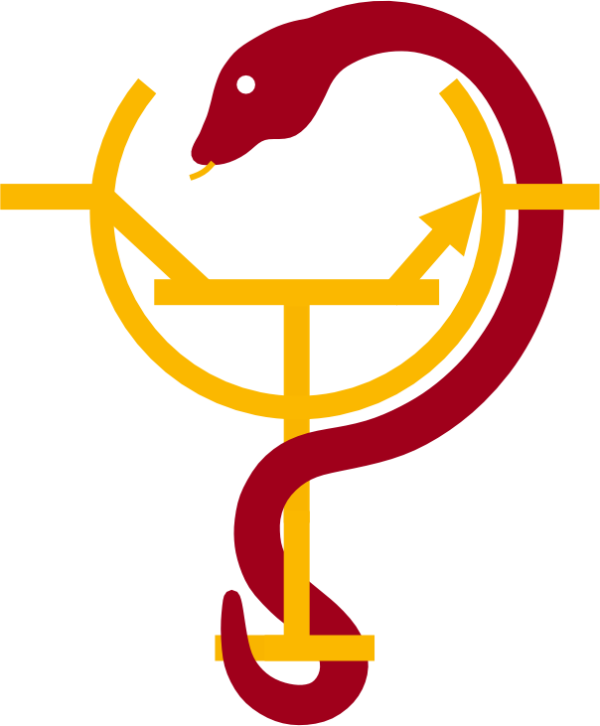The department ensures close interaction between lecturers and students, providing assistance in learning, research, and career planning.
One of the key advantages of studying at the department is the close interaction between lecturers and students, which promotes quality assimilation of material and the development of professional skills. Lecturers not only conduct lectures and practical classes but also actively involve students in research activities, help in choosing research topics, and provide consultations on writing scientific articles, term papers, and theses. Students also receive support in career planning: they can participate in internships at leading enterprises, undergo practical training in research institutions, and join international educational programs and grants. Additionally, the department supports students who aspire to independently develop innovative projects, startups, and implement new technologies in production. The flexibility of the educational process allows for the consideration of individual needs and interests of each student, providing opportunities for specialization in certain areas such as biomedical electronics, energy electronics, micro- and nanosystems, embedded systems programming, and more. This approach enhances the knowledge and professional competence of graduates, making them competitive in the job market.

